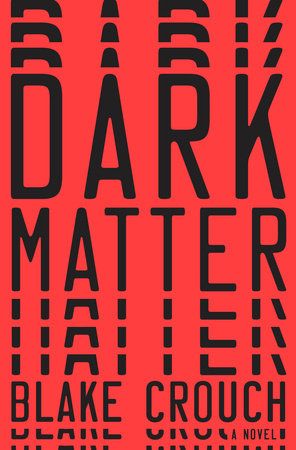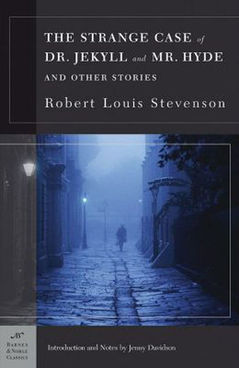 Written by Lauryn Smith Imagine experiencing another version of your life, one in which you made different, potentially life-altering decisions. Some aspects might be better, others worse. Perhaps you do not notice much of a change. Maybe your life is catastrophically altered. Black Crouch lays the groundwork for this thought experiment in his alternate universe book, “Dark Matter.” For me, reading science fiction has never been so much fun. This book is un-put-down-able. You know those books that you cannot wait to get back to, even while enjoying other activities? “Dark Matter” is one of those. Crouch details the story of Jason Dessen, a physics teacher at a Chicago college. I mean, a renowned theoretical physicist. Wait. Dessen is actually both, and each persona lives in a different dimension. Crouch establishes the former as the story’s protagonist. This Dessen, AKA Jason 1, lives a quiet, blissful, content life with his wife and son. One day while walking home from a local bar, he is abducted and taken to an enigmatic warehouse, where, amidst the confusion of events, he loses consciousness. He wakes to praise from a handful of individuals he does not recognize yet who somehow know him. In fact, he comes to realize that there is a lot about this place, this life, he does not recognize, and much of what he does find familiar is distorted in some way, shape or form.
0 Comments
 Written by Lauryn Smith Everyone knows Jekyll and Hyde. They have been portrayed everywhere, from Broadway’s stage to PBS’s Arthur. The story of Jekyll and Hyde is unprecedented, a tale depicting an omnipresent internal struggle—good versus evil. Despite its spread, it was not until recently that I actually read Robert Louis Stevenson’s “The Strange Case of Dr. Jekyll and Mr. Hyde.” Heck, I listened to the audiobook before finally venturing into text itself. When they are hanging out in your “to read” pile, Stevenson’s stories can be daunting. Sure, his works are classics. But they are also from the nineteenth century, so the language is not the most accessible to modern readers. Or so I thought. We will talk about that in a moment, but first, let’s get familiar with the story. Described as both a thriller and an allegory, “The Strange Case of Dr. Jekyll and Mr. Hyde” is an anecdote that demonstrates the duality of man. Predominantly told from the viewpoint of the honorable lawyer Gabriel John Utterson, the story depicts the struggle of Henry Jekyll, a highly respected doctor with suppressed desires that go against public mores. A man of chemistry, Jekyll concocts a potion that he uses to transform himself, to free his repressed, more wicked self, whom he calls Edward Hyde. |

Enjoying my book reviews? If you’ve found them helpful or simply love diving into a good book, consider supporting my caffeine-fueled reading sessions! Your contribution helps keep the reviews coming and ensures I stay wide awake for those late-night reading marathons. Cheers to a shared love for literature! ☕️
Categories
All
|
